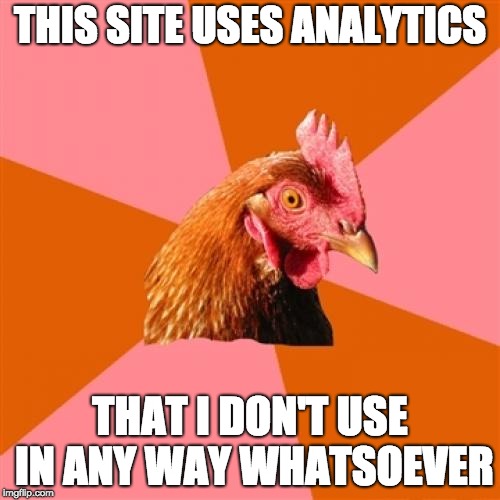BRADFORD COX, SONY, AND THE TALE OF THE CHARITABLE BAKER
Monday, November 29, 2010
Imagine this scenario…say you are a professional baker feeling the holiday spirit, and say in that spirit, you feel like baking a big bunch of Christmas cookies one weekend at your home, using your own equipment and money to buy the ingredients, to give away to your friends and neighbors and a local nursing home and firehouse. You enjoy baking, you like people to enjoy what you make, and it’s nice to do charitable things sometimes. Win-win. Now imagine this…you’ve finished baking and delivering your delicious cookies and when you return home all pleased and such, you are inundated with sad and irate phone calls telling you that a representative from Pillsbury swooped by your neighbors’ kitchens and the nursing home lounge and the firehouse and took every single cookie away, saying you as a professional baker cannot give away your cookies, and Pillsbury has the right to stop everyone from eating them. You are deeply confused, as you work for a small local bakery in no way affiliated with the large food products company, and didn’t even use Pillsbury-brand flour in your cookies. You ask your friends and the angry elders and irate firefighters to contact Pillsbury to express their dismay. The local news outlets pick up the story and it travels quickly.
A couple days later, Pillsbury releases a statement to the press saying they made a mistake in taking your cookies, and they return them to you. You re-deliver them, but you are rather shaken by the whole experience. It was so easy for Pillsbury to do, you think, because they are a huge conglomerate and you are just a modest baker. What if the media hadn’t come to your defense? You would never have been able to legally take on such a big company to get your cookies back – they could easily meander through the court process until you were out of lawyer money, which would be in about a day. Why did they do this in the first place? What’s to stop them from doing it again? Whose interests were being served by the action in the first place? Was it a “mistake?”
Makes you feel like giving up on baking sometimes.
My broad allegorical tale here refers to this weekend’s kerfuffle starring prolific musician Bradford Cox (Deerhunter/Atlas Sound) and Sony Music Entertainment. In short, Mr. Cox uploaded 4 albums worth of his home-recorded music (Bedroom Database Vol. 1-4) to his own blog for free download. These recordings were not previously-published nor under contract to his record labels, 4AD and Kranky. Sony has no affiliation with either label, nor has any claim to anything produced by Mr. Cox, other than a Bob Dylan cover on Vol. 1, which they didn’t ask be deleted. Without taking that into consideration, someone at Sony decided to contact Mediafire, the company that hosted the upload links, with a cease-and-desist order, and Mediafire killed the links, of course assuming that Sony had the right to make its request.
An honest mistake? Not really. If you as a giant corporation want to protect your interests and the interests of your artists, of course you have the right to do so under the Copyright Act. What you don’t have the right to do is trample on the rights of others in the process and then go, “Whoopsie! Sorry ‘bout that!” If you want to try to catch every instance of filesharing, you have to further make the commitment to do so responsibly and with good intent. Using your clout to threaten businesses with closure, wiping out entire blogs for posting a few MP3s, suing children, and claiming rights over content that clearly doesn’t belong to you makes you seem desperate, unrealistic, and downright creepy. Where does it end? How about making a request FIRST that legitimate offenders stop their actions, and how about making sure you’ve identified a true legal threat before you seriously mess with other people’s businesses and lives?
The music business is never going to return to the old model, and strongarm tactics and privacy violations are no way to reinvent the wheel. I don’t think most artists want their work to become entangled in endless vicious legal nightmares, where they have no say at all about how their record company chooses to “protect” them. At least I hope so, and would further hope that any artist looking to sign with a major label hires one kickass entertainment contract lawyer to make sure he or she can live with restrictions placed upon their creative content and the legal action their songs may someday be involved in. There is a cost to every choice you make.




